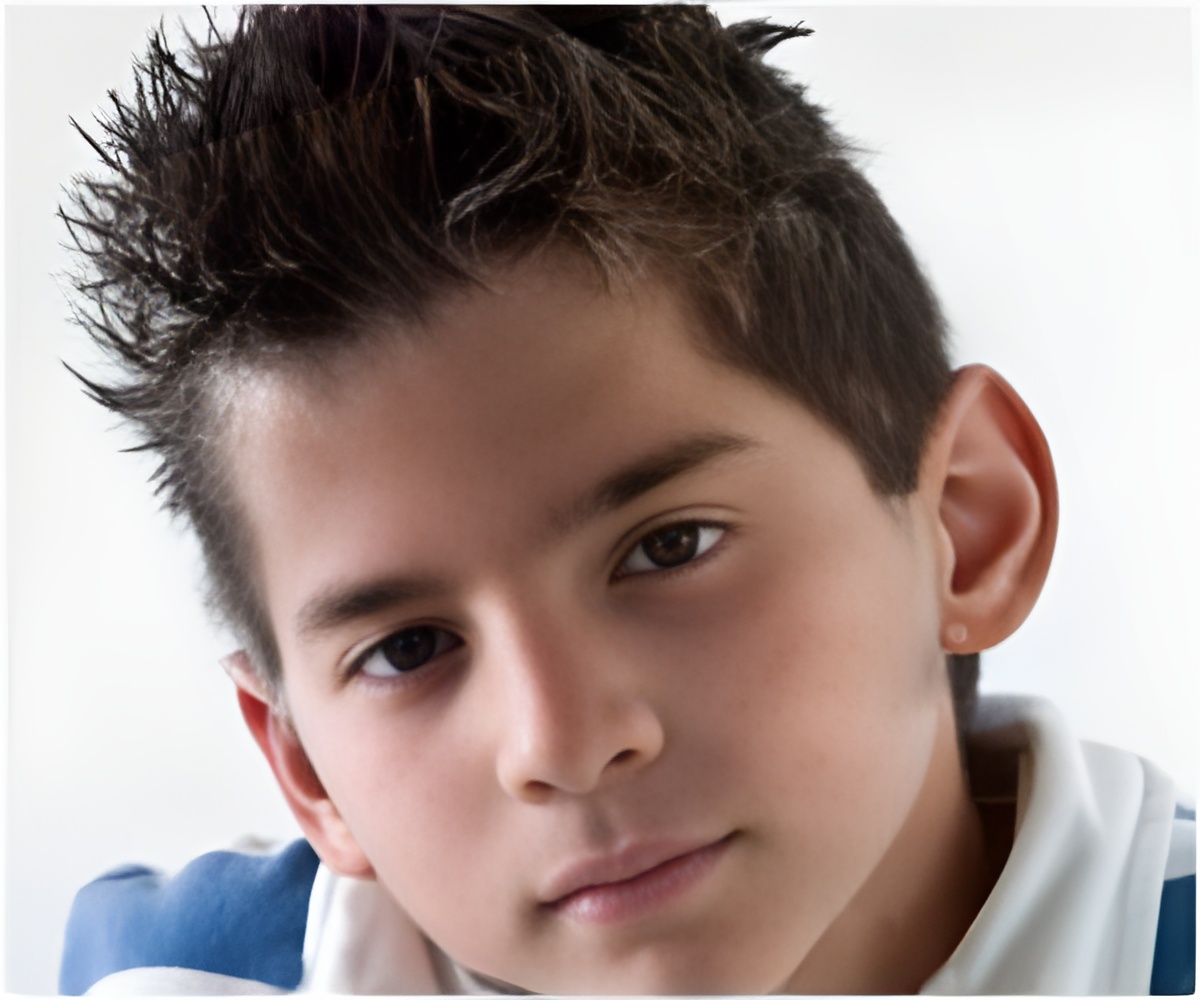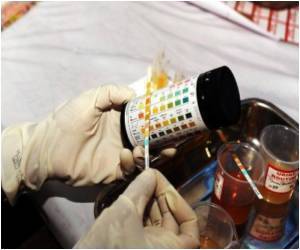One in three children who have an older sibling with an ASD fall into a group characterized by higher levels of autism-related behaviors or lower levels of developmental progress, finds study.

The study reveals that difficulties faced by the younger siblings of children with ASD involve both lower levels of verbal and nonverbal functioning and higher levels of autism-related problems. Examples of a child's autism-related problems „Ÿ which are not as severe as those of children with an ASD „Ÿ include lower levels of back-and-forth play with others and lower levels of pointing to express interest in what is going on around them.
Overall, the research says, the majority of high-risk siblings are developing typically at three years of age, but the development of a substantial minority is affected by subtler forms of ASD-related problems or lower levels of developmental functioning. Lower levels of developmental functioning and higher levels of autism-related problems in the at-risk siblings define what researchers refer to as the broad autism phenotype.
Source-Eurekalert












